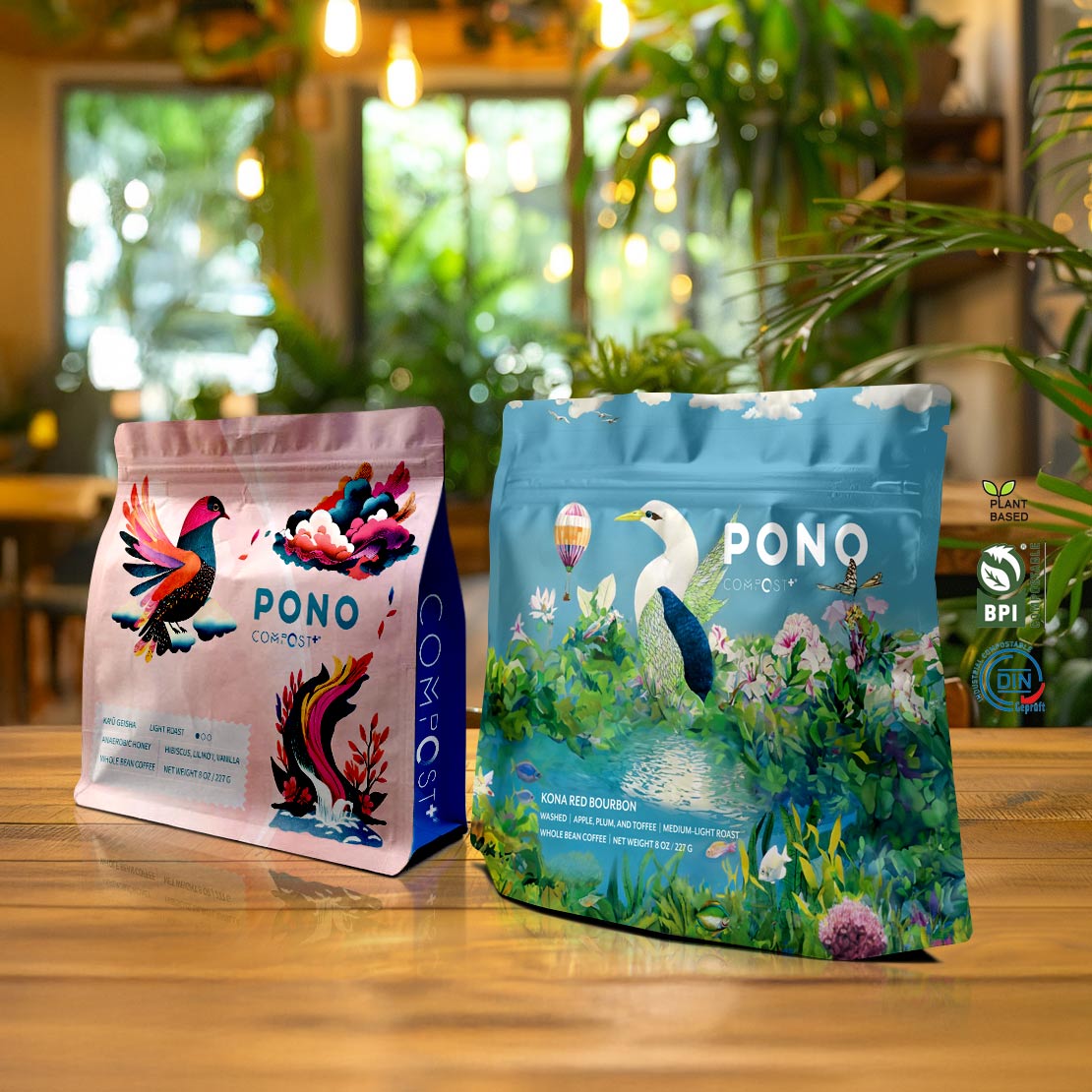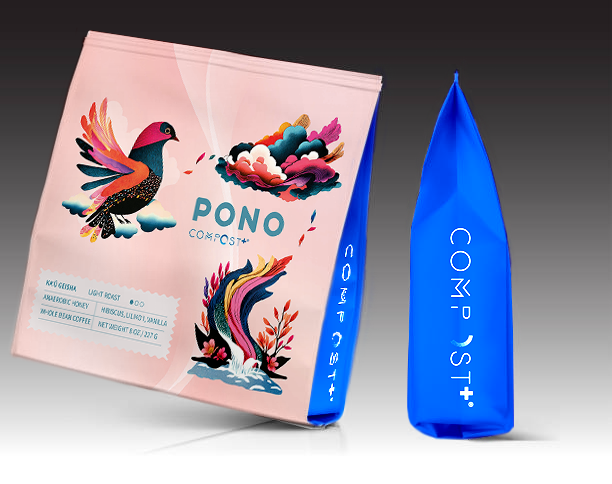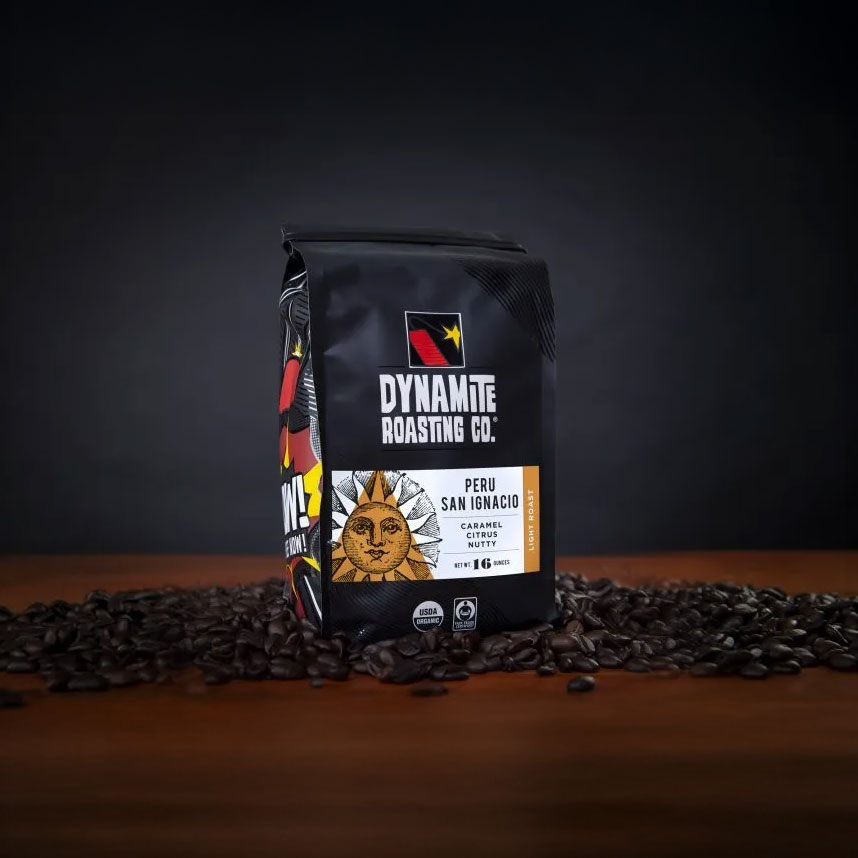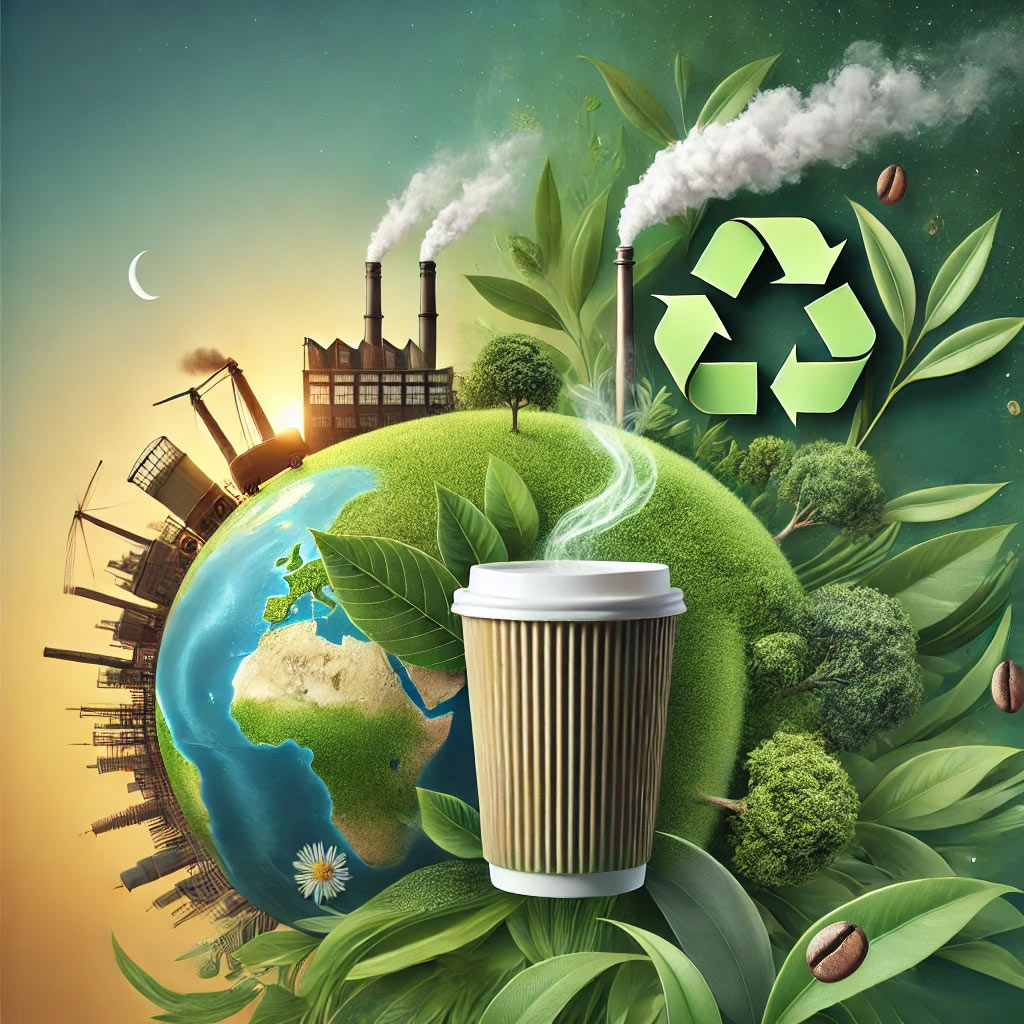What Happens to Most Coffee Packaging After It's Thrown Away?
Most coffee bags aren't made to break down naturally. They're built to protect freshness, which usually means layers of plastic and foil. Unfortunately, that also means:
- They aren't recyclable through regular curbside programs
- They can take hundreds of years to decompose
- They often end up in landfills or oceans, contributing to pollution
When these bags hit the landfill, they sit there, doing nothing good. No breaking down. No turning into soil. Just sitting, adding to the mountain of trash we’re all trying to shrink.
Savor Brands is Doing Something Different
Savor Brands knows the coffee industry has a packaging problem, and they’re offering smarter options:
1. Compost+ Packaging
This packaging looks and works like traditional coffee bags but is made with industrial compostable materials. That means:
- These bags can be broken down with the use of an industrial compostable facility
- It reduces the long-term waste impact of coffee packaging
Unlike regular bags, Compost+ doesn’t stick around for centuries. It gets turned into something useful—nutrient-rich compost.
2. Upcycle Program: Turning Trash Into Building Blocks
Instead of letting coffee packaging rot in landfills, Savor Brands is teaming up with two innovative partners:
- ByFusion: They take non-recyclable plastics and turn them into tough building blocks called ByBlocks. These can be used in construction, like making benches or walls.
- Hydroblox: This company transforms used packaging into materials that help manage stormwater, build sustainable drainage systems, and reduce flooding.
With these two programs, trash isn’t trash anymore. It becomes something useful and lasting.


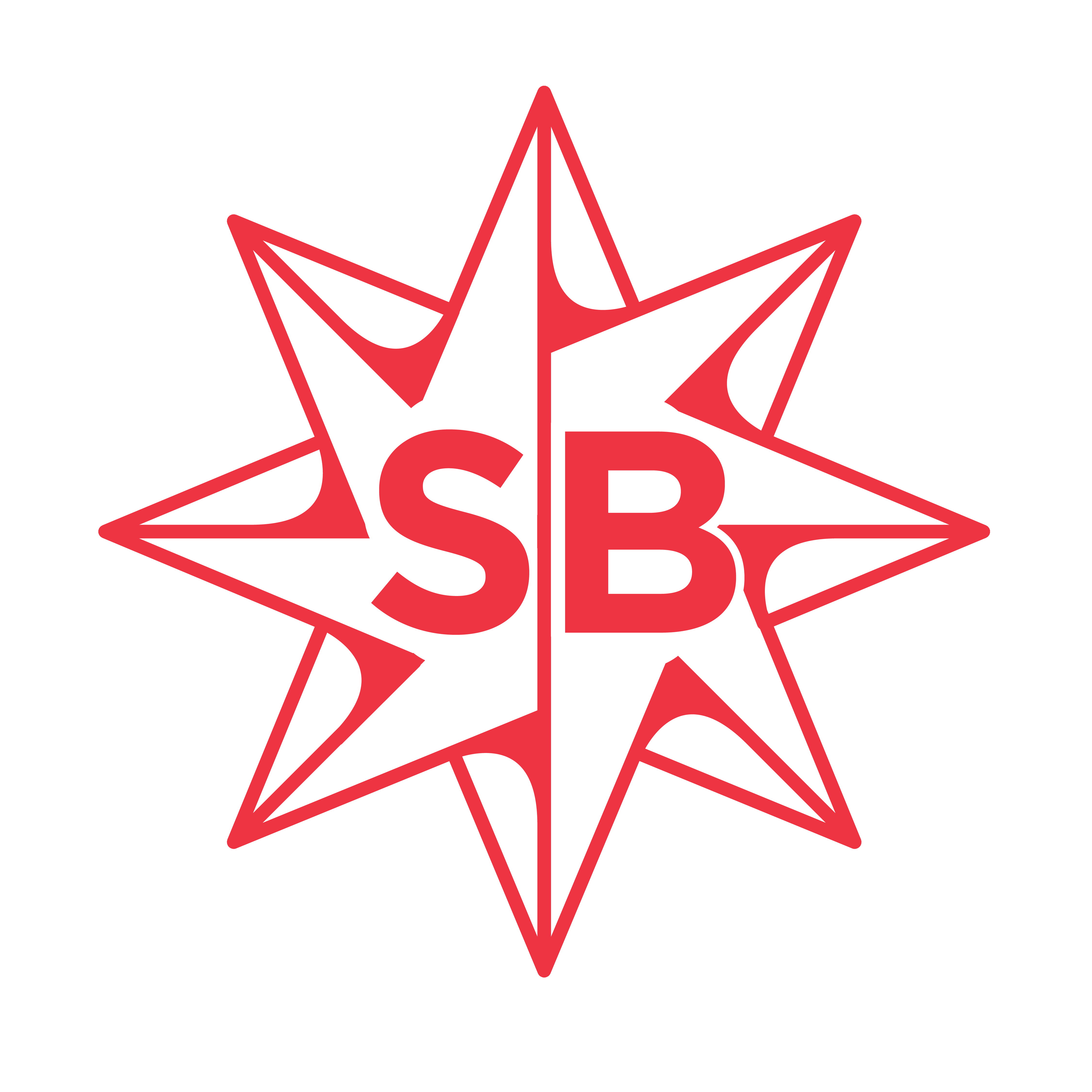 Contact Our Team!
Contact Our Team!